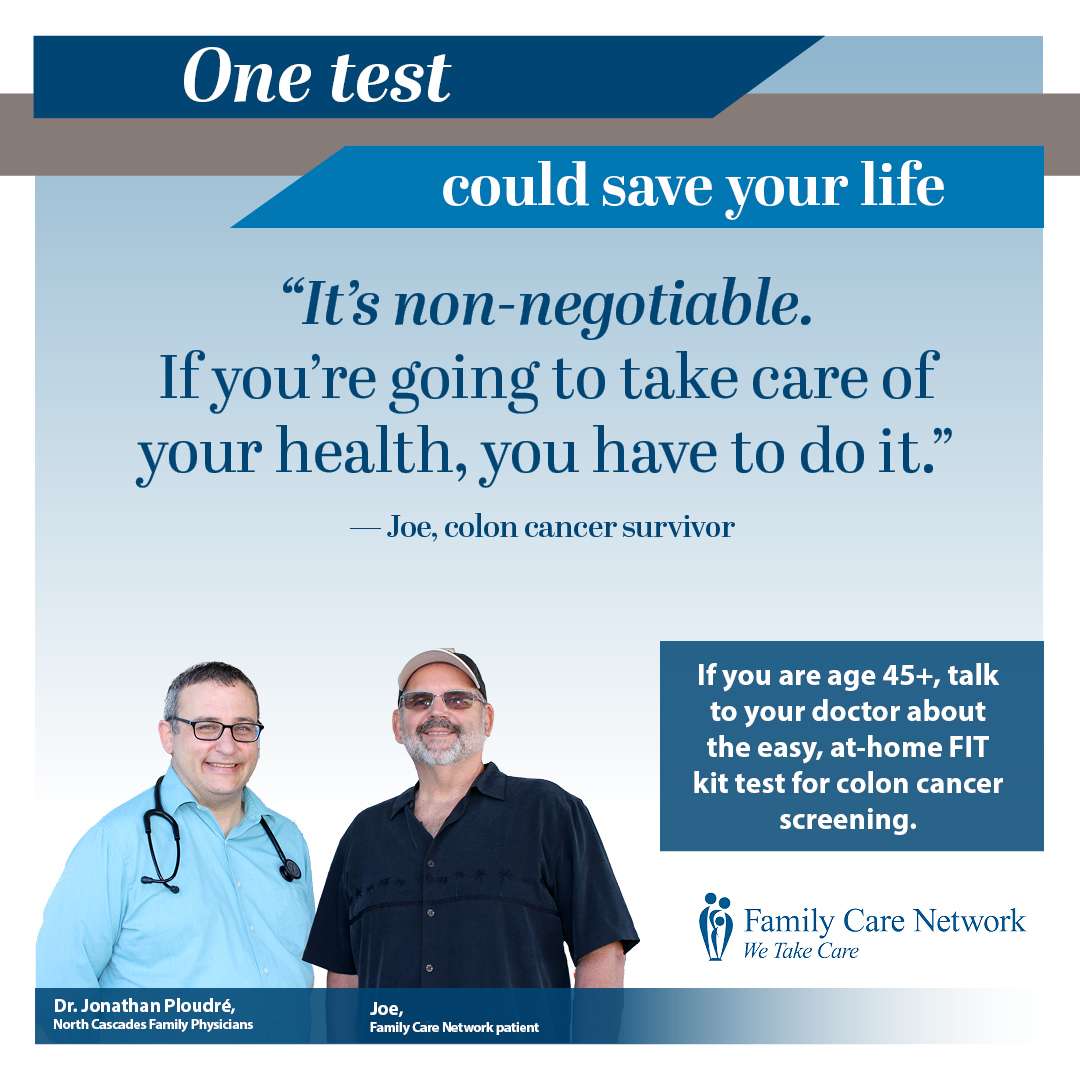Family Practice Opportunities
Be part of a highly successful, nationally recognized primary care practice where you can balance earning potential and quality of life.
Family Care Network is a local, independent, provider-owned family medicine network in northwest Washington State. We are actively recruiting board-certified Family Physicians (MD/DO) to join our outstanding health care teams. We also have opportunities for family practice ARNPs and PA-Cs.
We practice a full spectrum of family medicine, from obstetrics and prenatal care, preventive and wellness care, sports medicine, minor procedures (joint injections, suturing) to geriatrics. In addition to our outpatient practices, we have our own embedded lab services in most of our clinics, an inpatient services program, and three urgent care clinics. Our clinics are located in Bellingham, Ferndale, Lynden, Birch Bay, Mount Vernon, and Anacortes.
Be part of a team of independent practitioners who put excellence in patient care as their top priority, while enjoying the healthy lifestyle available in the beautiful Pacific Northwest. Picture yourself at home in an active, friendly community with a wide variety of outdoor activities at our many mountains, lakes and ocean bays, such as skiing, fishing, hiking, sailing, mountain biking and kayaking. We also enjoy excellent schools, museums and theaters, with easy access to Seattle, the San Juan Islands, and Vancouver, British Columbia. Learn more at bellingham.com.
General Inquiries:
We welcome general inquiries from family medicine practitioners who are interested in pursuing practice opportunities at FCN. Please email your CV and areas of interest in family medicine to [email protected] and it will be routed to our recruitment team. Please note, we will not respond to inquiries from recruiters and/or recruitment services.
You may also apply directly to positions listed in our Current Openings.

